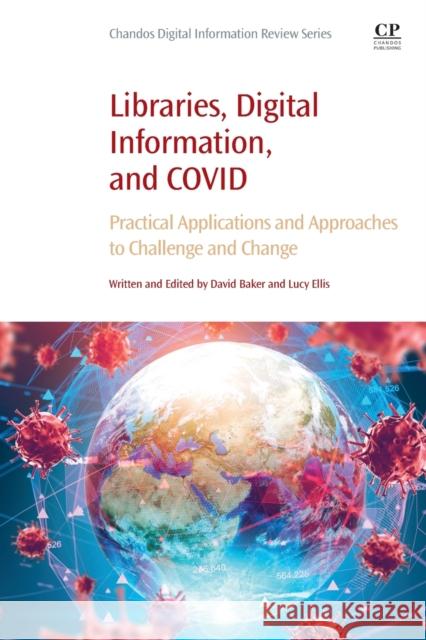Libraries, Digital Information, and Covid: Practical Applications and Approaches to Challenge and Change » książka
topmenu
Libraries, Digital Information, and Covid: Practical Applications and Approaches to Challenge and Change
ISBN-13: 9780323884938 / Angielski / Miękka / 2021 / 420 str.
Libraries, Digital Information, and Covid: Practical Applications and Approaches to Challenge and Change
ISBN-13: 9780323884938 / Angielski / Miękka / 2021 / 420 str.
cena 357,29
(netto: 340,28 VAT: 5%)
Najniższa cena z 30 dni: 352,93
(netto: 340,28 VAT: 5%)
Najniższa cena z 30 dni: 352,93
Termin realizacji zamówienia:
ok. 30 dni roboczych.
ok. 30 dni roboczych.
Darmowa dostawa!
Kategorie:
Kategorie BISAC:
Wydawca:
Chandos Publishing
Seria wydawnicza:
Język:
Angielski
ISBN-13:
9780323884938
Rok wydania:
2021
Numer serii:
000470404
Ilość stron:
420
Waga:
0.55 kg
Wymiary:
22.86 x 15.24 x 2.18
Oprawa:
Miękka
Wolumenów:
01











